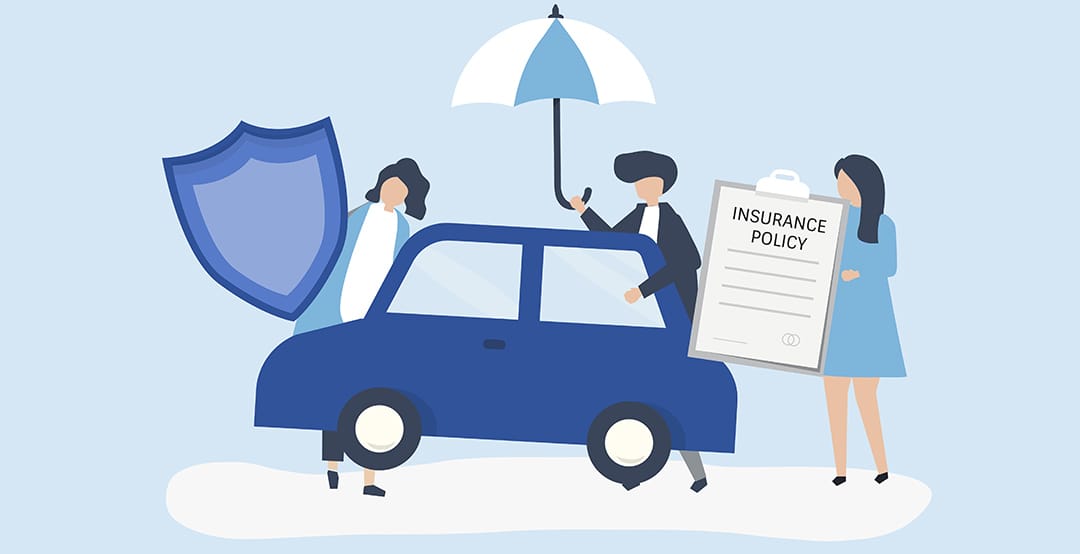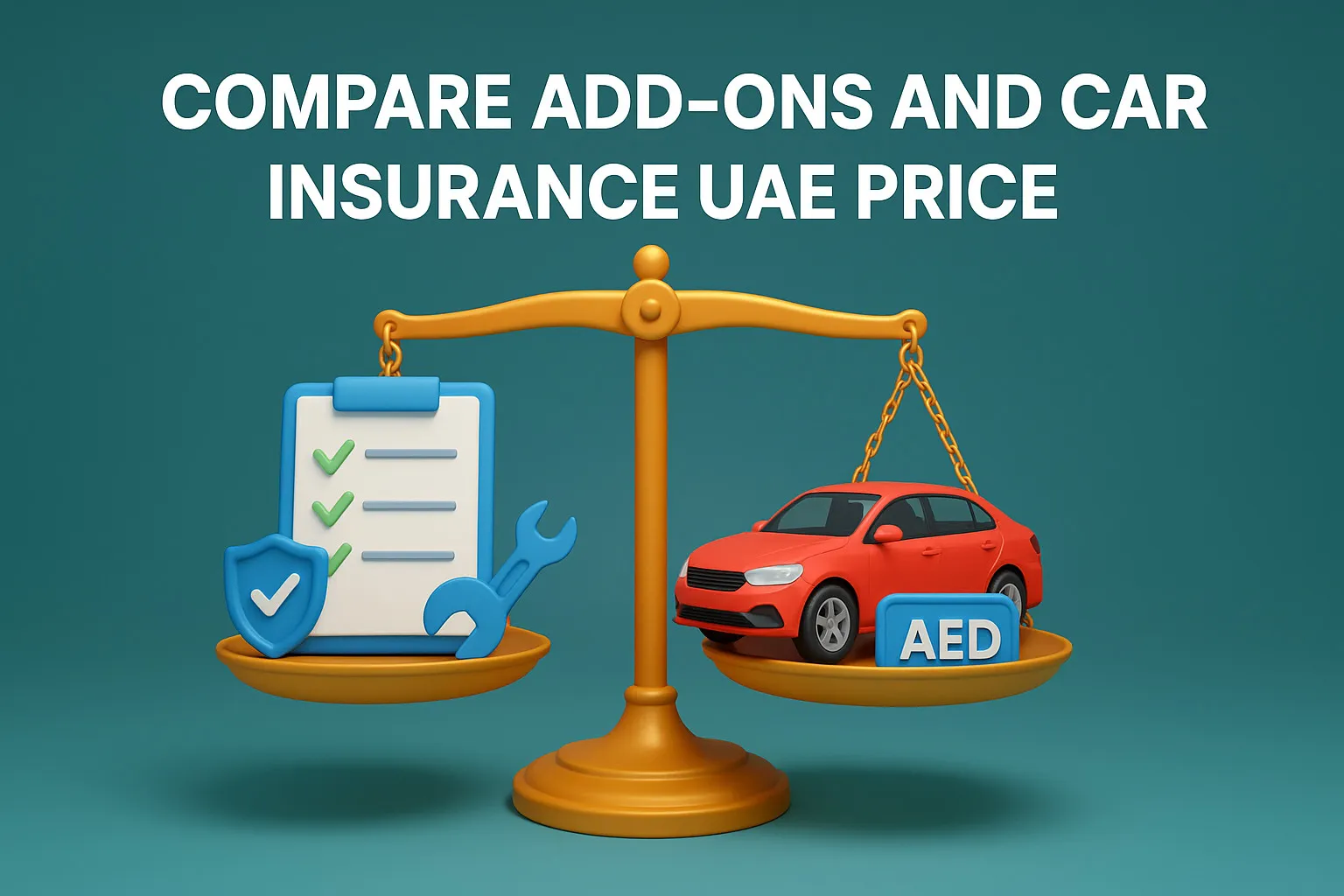If you’ve ever heard the term “excess” when buying car insurance and you’re not entirely sure what it means, this blog is for you! Understanding your car insurance deductibles is essential to making informed decisions about your coverage.
Defining Excess
In its simplest terms, an “excess in car insurance” is an amount the insured (ie, the person taking out the insurance policy) has to pay the insurer (the company providing the insurance cover) towards the cost of any claim they make. Sometimes the word excess may be substituted for the word “deductible”, so if this is seen anywhere in the documentation, it essentially means the same thing.
Insurers will always state their “standard excess” in the policy: this is the amount that generally applies to all claim events unless they state otherwise. Sometimes, the amount of excess in motor insurance or the duty to pay it changes according to the terms and conditions laid out by the Insurer in the insurance policy (contract).
When will you need to pay an excess:
To understand how does car insurance excess work, it’s important to know that an excess is always payable if the claim was the “fault” of the insured. An excess is always payable if the claim was the “fault” of the insured (ie, they were to blame), as there is no chance of being able to recover any costs from any third parties involved.
For example, a car insurance claim is made for crash damage following an accident. The body shop/repairer fixes the car and confirms the cost to be AED 3000. The policy excess is AED500, so the insurer pays the repairer AED2500 (AED3000-AED500), and the customer/insured pays the balance of AED500 (the excess) when they collect the car.
Important to know
- However, in some circumstances, an excess may be waived (cancelled) if the claim is for something minor (like replacing a cracked windscreen) or in cases where the insurer has stated it won’t apply for commercial reasons (like using a certain bodyshop/vehicle repairer nominated for a set period of time).
- For other types of claim (eg. Theft) the amount of excess payable may be different to that relating to damage. It is advisable always to check the insurance policy to see what excesses apply and under what circumstances. Insurers may also refund your excess if you were involved in an incident where the Third Party was “at fault” (ie. to blame) and they are able to recover the cost from them.
In such cases always keep in contact with your insurer to find out the claim status. Note that an excess (deductible) only applies to Comprehensive and not Third Party Liability (mandatory) Motor insurance.
Here you can check used cars in UAE – Verified second-hand cars. YallaMotor provides the used car section and the variety it offers with over 30,000 used cars to choose from in the UAE.







